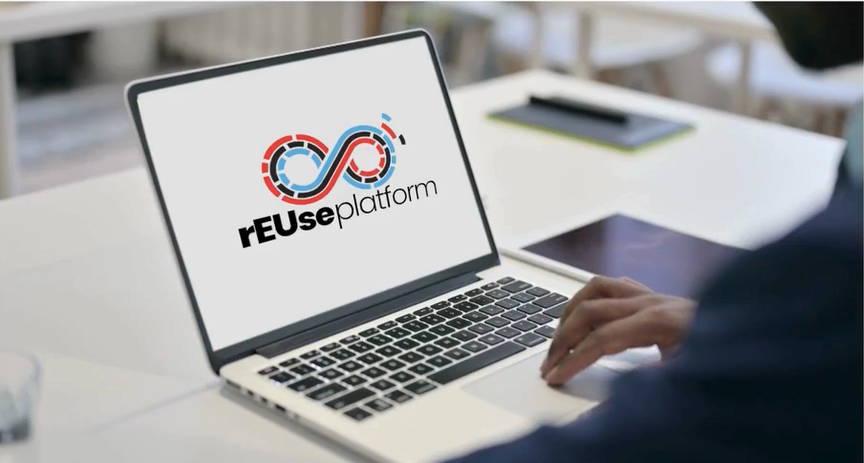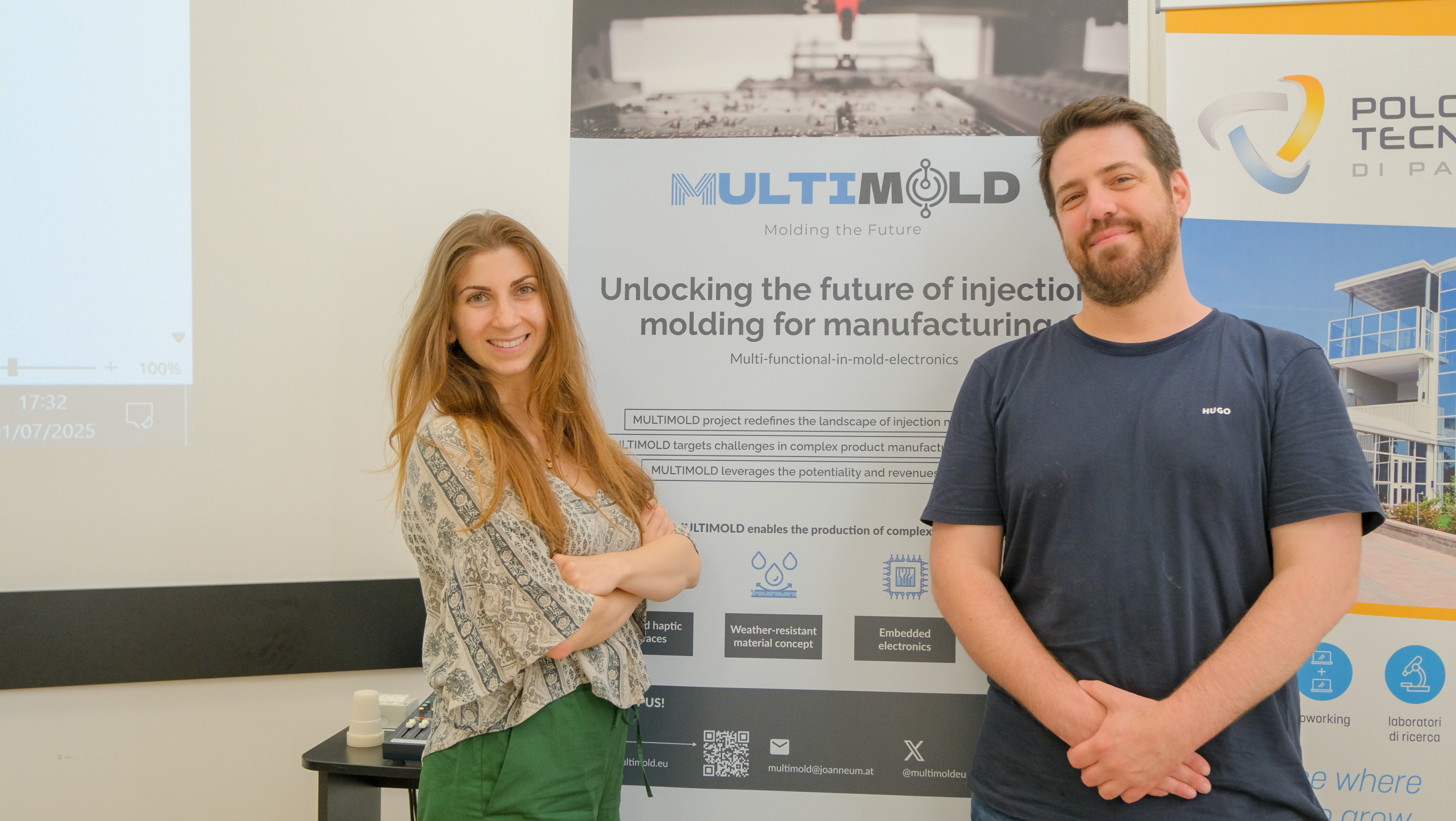Shaping the Future of Sustainable Products: MULTIMOLD Explores the Role of Digital Product Passports
In 2023, the European Union took a bold step towards sustainability with the introduction of the Ecodesign for Sustainable Products Regulation (ESPR). This new agreement aims to make products more environmentally friendly, promote recycling, and reduce climate impacts across the EU. One of its most transformative elements is the introduction of the Digital Product Passport (DPP) — a digital tool designed to revolutionize how product information is shared and used.

What Is a Digital Product Passport?
A Digital Product Passport is an electronic record that consolidates key information about a product and its entire value chain. This includes details on materials, manufacturing processes, and environmental recommendations such as recycling or reuse options. The aim is to make this information mandatory between 2026 and 2030 for many products sold within the EU.
As discussed in [1], the primary objective is to provide industry, businesses, public authorities, consumers, and other stakeholders with a better understanding of the materials used in the product, as well as their environmental impact.
Why It Matters
According to the European Parliament’s proposal for regulation, the DPP framework
“lays down the product aspects to which the eco-design requirements relate, such as durability and reliability, reusability, upgradability, reparability, and possibility of maintenance and refurbishment, presence of substances of concern, energy and resource efficiency, recycled content” [2].
The benefits are well-established [1,3]. On one hand, DPPs will support improved or at least informed decision-making by consumers. On the other hand, increased transparency and ease of comparison will enable the development of new applications and digital business models based on the stored data. Because the passport includes information from the entire value chain, it also improves traceability and fosters trust. Additionally, DPPs promote circularity and material reuse, with benefits not only for environmental sustainability but also for resource access and financial resilience [4].
The MULTIMOLD Contribution
The diversity of use cases and involvement of multiple sectors present complex challenges when designing generic DPPs [5]. That’s why MULTIMOLD is conducting research on how information related to project processes and products can be integrated into Digital Product Passports, aiming to improve traceability not just for consumers, but also for companies using these products.
Our research focuses on two core areas:
- Information Architecture – Ensuring that DPP data is clearly structured and easy to access for all user types.
- Data Management and Platforms – Exploring how the passport's digital information can be stored, shared, and used efficiently in interoperable data spaces.
Driving Sustainability Through Innovation
By contributing to the advancement of Digital Product Passports, MULTIMOLD supports the EU's vision of a transparent, circular, and sustainable product ecosystem. Our work aims to build trust, facilitate smarter decision-making, and empower both businesses and consumers to drive forward a greener future.
REFERENCES
[1] Götz, T., Berg, H., Jansen, M., Adisorn, T., Cembrero, D., Markkanen, S., & Chowdhury, T. (2022). Digital product passport: the ticket to achieving a climate neutral and circular european economy?
[2] Directive, E. (2009). Directive 2009/125/EC of the European Parliament and of the Council of 21 October 2009, establishing a framework for the setting of ecodesign requirements for energy related products (recast). Official Journal of the European Communities, 20.
[3] Adisorn, T., Tholen, L., & Götz, T. (2021). Towards a digital product passport fit for contributing to a circular economy. Energies, 14(8), 2289.
[4]Jensen, S. F., Kristensen, J. H., Adamsen, S., Christensen, A., & Waehrens, B. V. (2023). Digital product passports for a circular economy: Data needs for product life cycle decision-making. Sustainable Production and Consumption, 37, 242–255.
[5] Nowacki, S., Sisik, G. M., & Angelopoulos, C. M. (2023). Digital Product Passports: Use Cases Framework and Technical Architecture Using DLT and Smart Contracts. 2023 19th International Conference on Distributed Computing in Smart Systems and the Internet of Things (DCOSS-IoT), 373–380.









.jpg)







